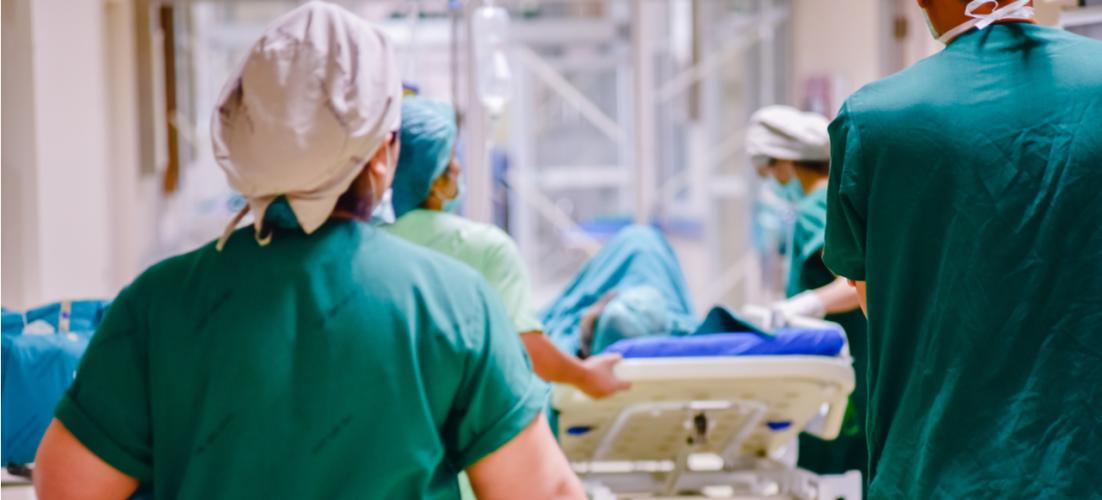Doctors disappointed by Budget

The Queensland Government has produced a lacklustre health budget that was preoccupied with bricks and mortar instead of patient care.
While welcoming a $2 billion hospital building fund, AMA Queensland President Professor Chris Perry said future capital works would not solve the urgent need to get public hospitals functioning properly.
“It’s all very well promising billions of dollars for bricks and mortar sometime in the future but what about the heart and soul of our health system – the people?” Professor Perry asked.
“Right now, Queensland needs at least 1500 more hospitals beds and hundreds more staff in Intensive Care, mental health and general wards statewide.
“Who is going to use these new buildings and car parks if our doctors and nurses are burnt out and we can’t recruit enough people to provide high quality medical care?”
Professor Perry welcomed the prospect of more hospital floor space but said the real need was funding for additional beds.
“Unless that is addressed, ambulance ramping will continue,” he said.
AMA Queensland Vice President Dr Bav Manoharan said it was frustrating to see the Budget contained no new investment for areas in desperate need, including specialist maternity, mental health and pain management services in regional areas, as well as Indigenous health services, palliative care and training for addiction medicine specialists.
“It’s also disappointing there were no new measures or funding to support the wellbeing and mental health of our health workforce, which is exhausted after carrying the state through a pandemic and into economic recovery,” Dr Manoharan said.
Today (16 June), AMA Queensland is hosting a ramping roundtable, bringing together emergency physicians, inpatient consultants and other experts to create a plan for dealing with the chronic bed block in many of the state’s public hospitals.
“This roundtable group will work on a long-term statewide plan to get EDs out of a vicious cycle of crisis upon crisis,” Professor Perry said.
“Our public hospitals need new models of care, as well as more funding.”